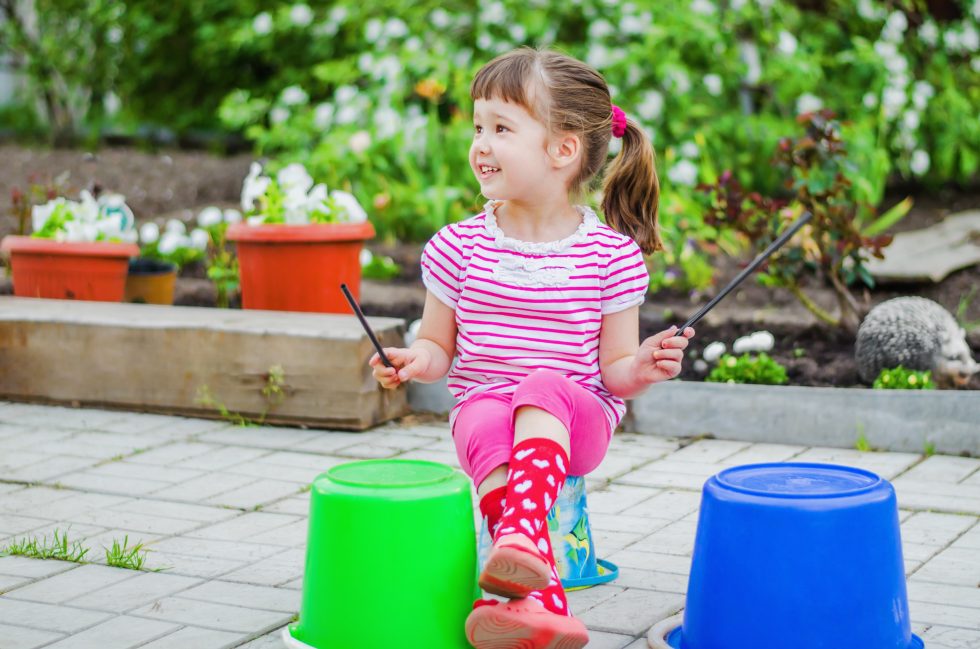
Navigating Success: The Impact of Parental Engagement in Early Years
Parental Engagement: Parents play the most significant role in their children’s education. As their child’s first and foremost teacher, they are their child’s very own ‘expert’ with a deep authority of knowledge. In short, they know their child best. From birth to school age, children will spend the majority of their time with their parents/carers, living amongst the behaviours and attitudes of the home environment. This clearly has a huge influence over children’s learning development and outcomes.
“Family is the first school for young children and parents are powerful models.”
Alice Sterling Honi.
Consequently, there is huge value placed on a strong partnership between school and home where there is a collective priority to bring about the best outcomes for children. Recognition of the centrality of parents’ role in children’s learning is key. Despite this knowledge, research indicates that most schools do not have formal policies around parent engagement although almost all nurseries would consider parent partnership to be the responsibility of the nursery. Very few (less than 10%) of teachers have carried out training in parent engagement.
From involvement to engagement
To fully support children, we need to understand the difference between parental involvement and engagement. They are not the same thing.
Involvement is around the parents’ general participation at the setting such as attending events, interacting with teachers, attending parent’s evenings, and understanding the processes around the learning of their child.
Engagement is about parents and teachers working in concert to develop children’s learning, understanding their child’s development, recognising any strengths and ‘gaps’, and implementing how best to support the child at home and at the setting.
Are we doing enough as a setting to support this vital partnership?
Are we encouraging:
- Shared expertise – parents are experts about their own children, and practitioners are experts in caring for and educating children in a group setting. Do we frequently and intentionally share knowledge across the very different contexts of setting/home?
- Shared agency – are parents aware of their central role in their child’s learning? How do we know?
- Shared responsibility – are parents and school continually seeking and deepening information/knowledge of children’s home/school context of learning?
- A culture of helping – are settings offering the most relevant and effective support to parents, examining negative mindsets and re-framing them, encouraging positive mindsets and strengthening them?
What can alienate parents from engagement?
The interaction and relationship between school and parents can often be challenging. As a result, school/parent interaction may lack meaningful direction or focus. These are the main points why parents may feel alienated from the setting:
- Practitioners’ anxiety and reluctance in approaching parents, particularly over sensitive issues
- Parents’ negative attitude towards school and authority, stemming from bad experiences during their own education
- Parents’ lack of understanding over their role in relation to their child’s learning, both at home and at the setting
- Parents’ lack of confidence – on what they have already achieved, recognition of progress already made and unwillingness to approach the school for fear of being ‘wrong’ or appearing ‘stupid’
- Different expectations of the same child from practitioners/parents
- Difference in attitudes regarding responsibility towards the child
- Lack of meaningful communication between school and home
Two important questions to ask:
- How can we make our setting a welcoming place for parents, especially those whose own experience of school may not have been positive?
- How can we increase and empower parents’ confidence about their children’s learning?
Culture of parental engagement
A whole school approach is needed, addressing training for staff, and the support and resources required. The aim is to create an intentional parental engagement culture.
Early years settings need to develop:
- Prioritising, integrating and reviewing an effective partnership. Each school year is a different context and regular reviewing is key
- Clear starting point and plan for parental engagement
- Clear understanding of the benefits of parental engagement on all stakeholders
- Clear expectations of what is expected of setting/staff members regarding parental engagement and allowing time to carry out these expectations
- Clear understanding of barriers to parental engagement using training and support
How will you know the changes parental engagement has on children’s learning?
A setting that places parents at the heart of its pedagogy will be a fruitful one. Parenting can feel extremely burdensome and lonely at times, and the friendship and support offered by settings to parents is often a much-needed lifeline. We are, after all, wired for connection!
Happy children are the validation of a successful partnership between home and school. An informal and comfortable relationship with parents creates a higher level of intimacy and trust between setting and home which will generate deeper understanding and knowledge about each child. Parents see ever more clearly what the setting is doing, and why, how effective that is and how much it benefits their child. Trust grows, knowledge and understanding continues to deepen.
As with all healthy relationships, intentional effort, focus and persistence is required to build the vital rapport between home and setting. And it all starts with a simple ‘hello’ and a smile on the first day along with a determination to build rapport, create new friendships and draw parents ever closer to their child’s miraculous learning potential!
This article first appeared in Parenta magazine.
Further Reading
Get in Touch
Have any questions?
We’d love to hear from you!





